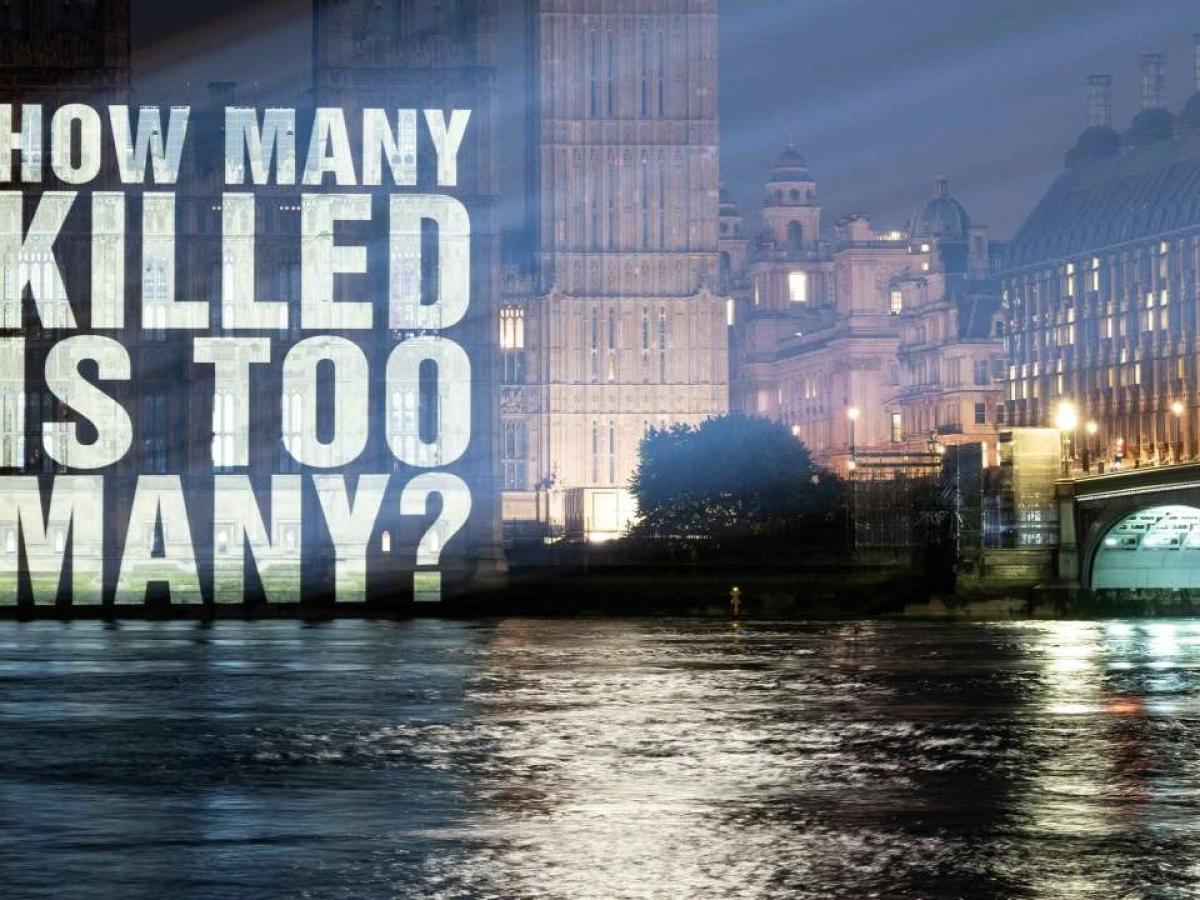
Tennyson's poem In Memoriam contains a section about the man Jesus famously raised from the dead, Lazarus, and in it he writes:
Behold a man raised up by Christ!
The rest remaineth unreveal'd
He told it not; or something seal'd
The lips of that Evangelist
That evangelist, St John, writes precious little about Lazarus himself. Lazarus is supposedly the main character in the story, but we see far more about his sisters Mary, and Martha, and most of all, Jesus himself. But because Lazarus is a largely anonymous figure, intriguing all sorts of people like Tennyson, we can project ourselves onto him. He emerges from the tomb with graveclothes, and it seems we don't fully see him, but we see ourselves on those graveclothes. His endless capacity to capture something of the human condition is evidenced by appearing in Moby Dick, Crime and Punishment, and Mark Twain writes about him, right through to Nick Cave and David Bowie, with a song written when he was terminally ill.
It's definitely an account that falls into the 'weird' category. Not only does Jesus raise someone from the grave, but at first his response to Lazarus' grieving sisters seems inexplicable. Regardless, Lazarus is perhaps a good match for us because of our own fears of death.
It's also why the words of comfort that Jesus offers Martha after Lazarus' death are used in Christian funerals. As a priest, as I process in with the coffin, I read:
'I am the resurrection and the life. The one who believes in me will live, even though they die; and whoever lives by believing in me will never die.’
Just as these words were a great comfort to Martha, these words are a huge comfort to people as they come to the funerals of their loved ones.
But just like Lazarus isn't actually the main character in this story, at someone's funeral, they are also not the main character in the story. They've died. Funerals aren't just for dead people. Funerals are for the people coming to the funeral. Because Jesus doesn't just say, 'whoever lives by believing in me will never die.' He doesn't just leave that there hanging in the air. He explicitly asks Martha the question: 'Do you believe this?' We are confronted with the same question, non-rhetorically.
Jesus is asking us to believe something quite extraordinary about the nature of life that is worth considering in the assisted dying debate: that resurrection is not pie-in-the-sky, but a quality and quantity of spiritual life that can begin today, only interrupted by physical death and the bodily resurrection. As someone who lives with disability said to me recently about the debate on assisted dying, 'I'm interested in assisted living'. We could all do with a little assistance.
Bizarrely, Jesus identifies himself as the resurrection and the life. And so even more intriguing than placing ourselves in the tomb of Lazarus, can be placing ourselves in the death and resurrection of Jesus. The anguish, desperation, exasperation of the sisters toward Jesus (helpful for us to recognise our own ability, and need, to grieve honestly) is met with not only grand declarations about Jesus' divinity, but demonstration of his humanity. Twice in this sequence we see Jesus deeply moved and troubled, most pithily and famously encapsulated in the shortest verse in the Bible: 'Jesus wept.'
His emotion here, much more raw in the Greek, is appropriate not only to Lazarus' death, but also his own death that is about to come on the cross. Amidst the compassion that drives people to different conclusions in ethical debates, it is worth us considering an even deeper compassion that drove Jesus to raise Lazarus and to go to the cross.
Although there is much in our lives and in faith which is mystery and 'unreveal'd' as Tennyson would say, our own inability to control our own lives and deaths is met by Jesus in all his humanity and divinity.
All great artists lean into - rather than avoid - the weird. They also seek to honestly address the human condition in all its suffering, mortality and hope. No wonder so many over the centuries have projected themselves and their characters onto Lazarus as his grave clothes unravel.
Join with us - Behind the Seen
Seen & Unseen is free for everyone and is made possible through the generosity of our amazing community of supporters.
If you’re enjoying Seen & Unseen, would you consider making a gift towards our work?
Alongside other benefits (book discounts etc.), you’ll receive an extra fortnightly email from me sharing what I’m reading and my reflections on the ideas that are shaping our times.
Graham Tomlin
Editor-in-Chief





